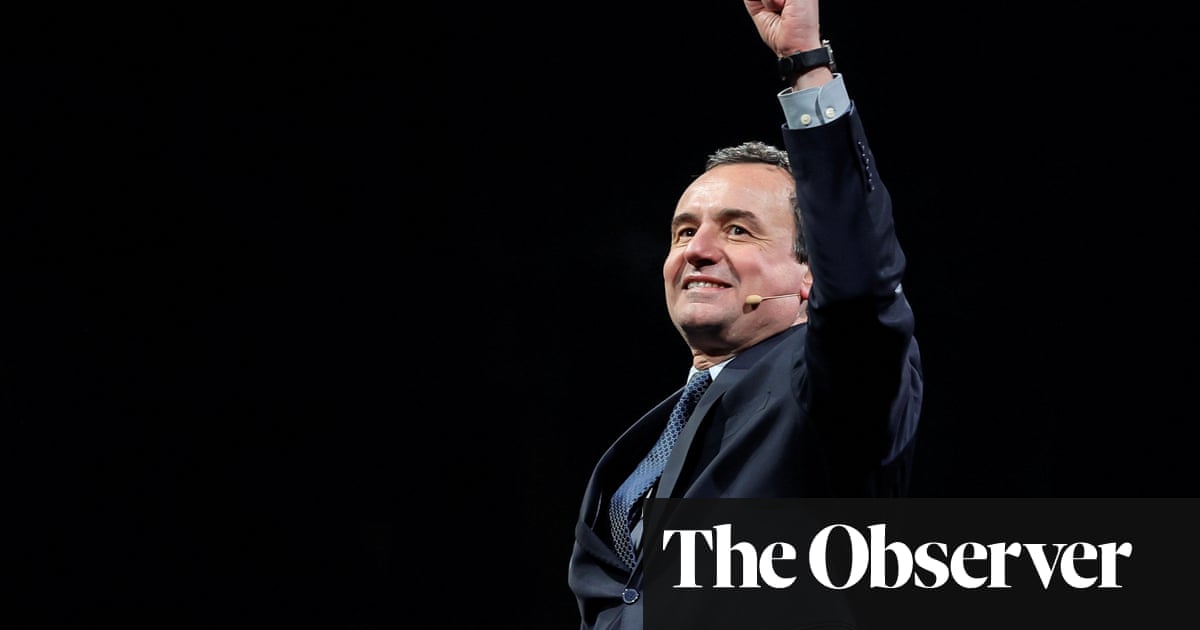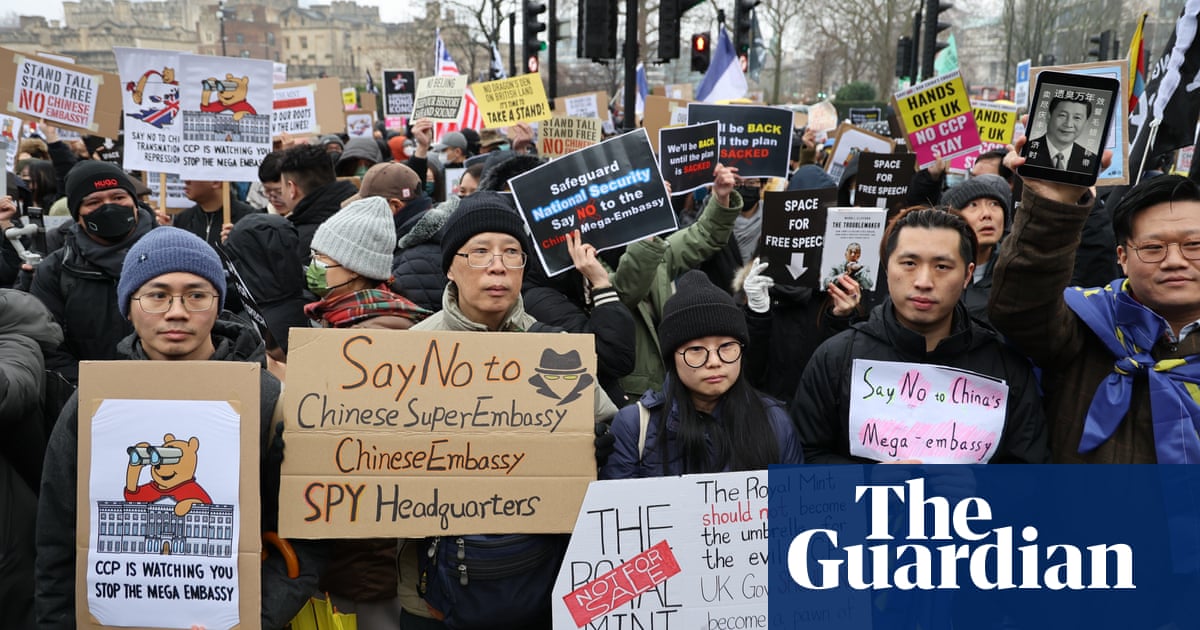If I asked you to list the things that make democratic politics meaningful, what would you include? Most likely elections and education. Perhaps the NHS, or the armed forces, or the justice system. I’m guessing that interest rates didn’t come to mind, which is strange, because they’re crucial to democracy. Last week, Donald Trump reignited a debate about who should be in charge of the monetary system that controls a country’s interest rates. You may disagree with Trump on a lot of things, but he’s not wrong to recognise that monetary policy – a subject that can seem dull and horribly technical – is fundamentally political, and tells us a lot about democracy.
Interest rates shape everything. They influence whether you can buy a house, and how many houses get built. They affect which businesses expand, what new technologies emerge, and which towns thrive or flounder. In the 1990s, central bankers hailed the “great moderation”, a period of low and stable prices dominated by central bank independence. Then came the financial crisis, the eurozone crisis, and then the pandemic. The giant bailouts that followed these events were often described as “unconventional”. But perhaps they simply uncovered a fact that was always there – that monetary policy is not as apolitical as some would like people to believe.
Recently, the old consensus has begun to splinter. This is what Trump and those around him have recognised. And of course, in some sense, we knew this all along. When the Bank of England chooses to change interest rates, it makes it easier or harder for people to access credit, creating winners and losers. If the Bank raises rates, it makes credit generally more expensive. While a first-time buyer with a large deposit will still be able to get a mortgage, one with a small deposit and no credit history will be out of luck. The intuitive nature of Trump’s claim, that interest rates are political, is what makes his message so powerful. It resonates.
This isn’t news to academic scholars, who have been shouting about it from their ivory rooftops for a while now. What is novel is Trump’s reaction. He wants to co-opt the political power of monetary policy for his own use. In his previous term as president, Trump tried, and largely failed, to appoint loyalists to the Federal Open Market Committee (FOMC). He attempted (and also failed) to force the Federal Reserve to lower rates at his command. But in his new term, he’s having greater success. The Fed has withdrawn from the international Network for Greening the Financial System (it joined shortly after Joe Biden was elected), and the vice-chair for supervision (who was attempting to strengthen bank regulation under Biden) has resigned to avoid a battle with Trump.
Trump knows that monetary policy is political, so he wants to conquer it. The Democrats should be careful in how they respond. In Britain, where Liz Truss threw out the idea of fiscal responsibility and challenged both the Bank of England and the Office for Budget Responsibility (OBR), Labour’s response was to hug those technocratic bodies as closely as possible by enhancing their power, both formally and informally. In aiming to distance itself from Truss’s poor economic choices, the Labour party seems to think that the enemy of their enemy must be their friend.
This is a missed opportunity. Acknowledging that monetary policy is political doesn’t mean you have to adopt either the Trussian or Trumpian view of how to govern it. Instead of trying to conquer the central bank, or returning to the cosy consensus of the 1990s, why not subject these institutions to democratic control? This would mean making central banks more like the rest of the state. Parliament could hold its civil servants to account, and would have the capacity to compel the Bank to prioritise (or deprioritise) certain sectors or regions of the economy. In this way, the Bank could make it easier for businesses to get credit when investing in renewable energies or the north of England, for example, or more expensive for people to buy a third or fourth home.
The idea of democratic central banking tends to scare people. Should politicians really be setting interest rates? Should “the people” be in charge of fighting inflation? Surely politicians, who only care about getting re-elected, aren’t the right custodians of monetary policy, since what looks like good policy in the short term (such as lowering rates in advance of an election) can become bad policy in the long term. Not even to mention the fact that this field is undoubtedly too technical for politicians to understand. It should be left to the experts.
But this is odd reasoning. First, because it supposes that the electorate doesn’t consider the long-term consequences of its decisions. Why should we think this is any truer of monetary policy than immigration policy, investment policy or education policy? And yet, we insist that these areas are under the control of elected officials. Second, the same is true of the “technical” nature of monetary policy. Do we really think it is that much more technical than tax policy, defence policy or environmental policy? We employ experts in all these cases, but we don’t insist that they must be insulated from democratic control.
Why should monetary policy be any different? To me, it seems that all of these arguments reflect a fear of democracy itself. With democracy comes the risk of being ruled by those you disagree with. It is perfectly rational to wish that immigration policy, education policy, and environmental policy were all insulated from the reach of the Trump administration and its Maga-dominated Congress. But we must be honest in recognising that while that might be rational, it’s also anti-democratic.
Since 1997, the UK’s approach to monetary policy has been designed to make it seem as boring and technical as possible. But in the years that have followed, through the financial crisis and the pandemic, this approach has come to seem outmoded. The politics of monetary policy is now explicitly contested. It would be a huge mistake for liberals and progressives to deny this, or to try to run back into the arms of the 1990s. This merely holds open the door to those like Trump. So instead of denying the politics of monetary policy, Labour and the Democrats should insist that it’s made subject to democratic control.
Article by:Source: Leah Downey














